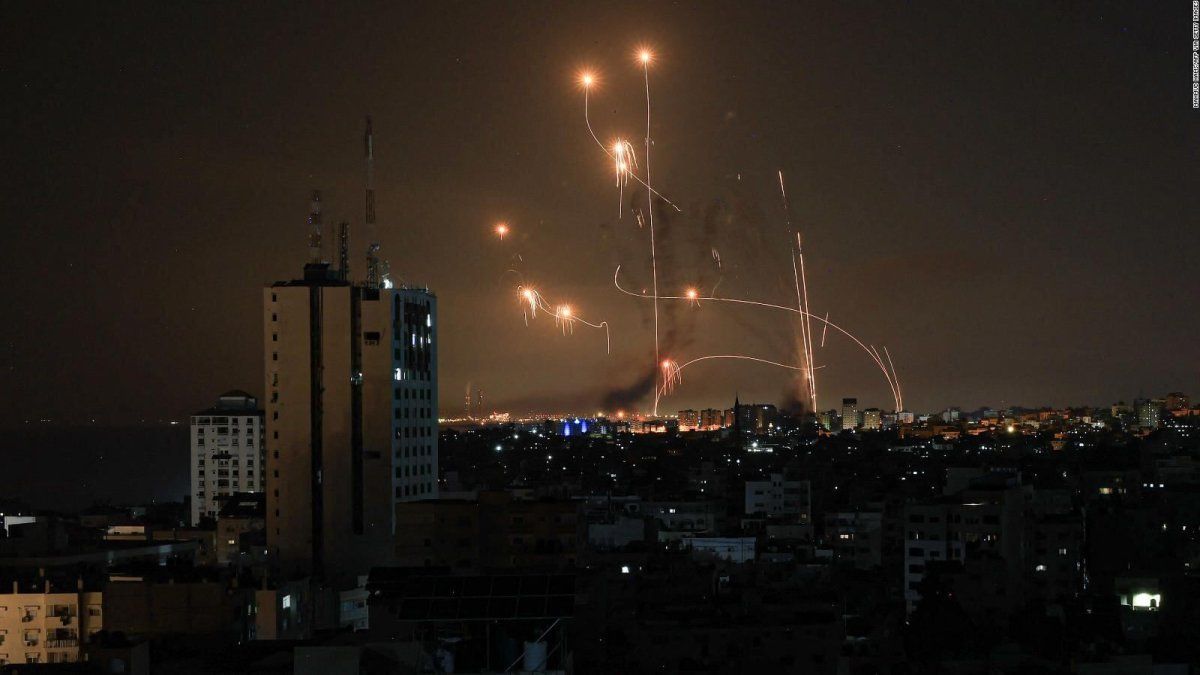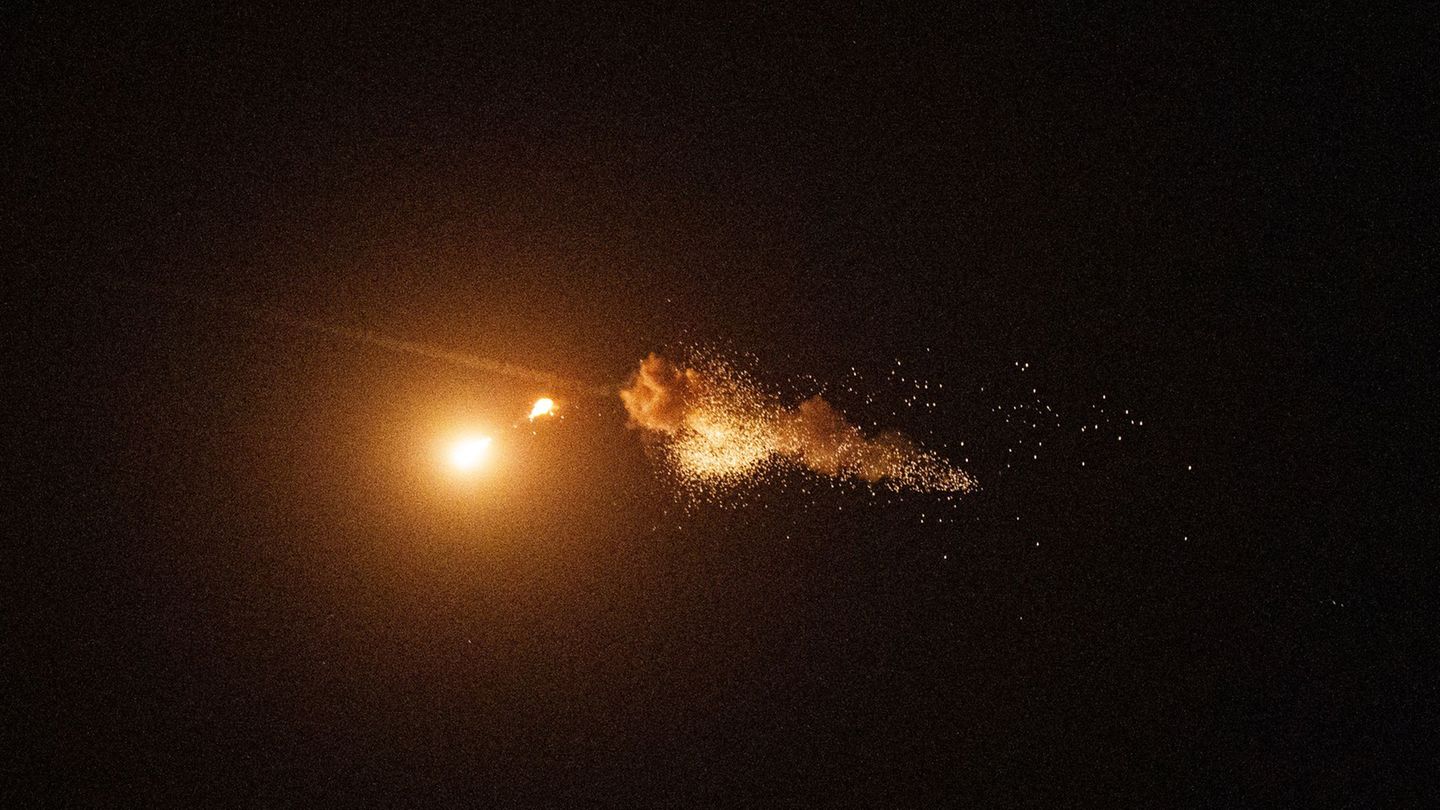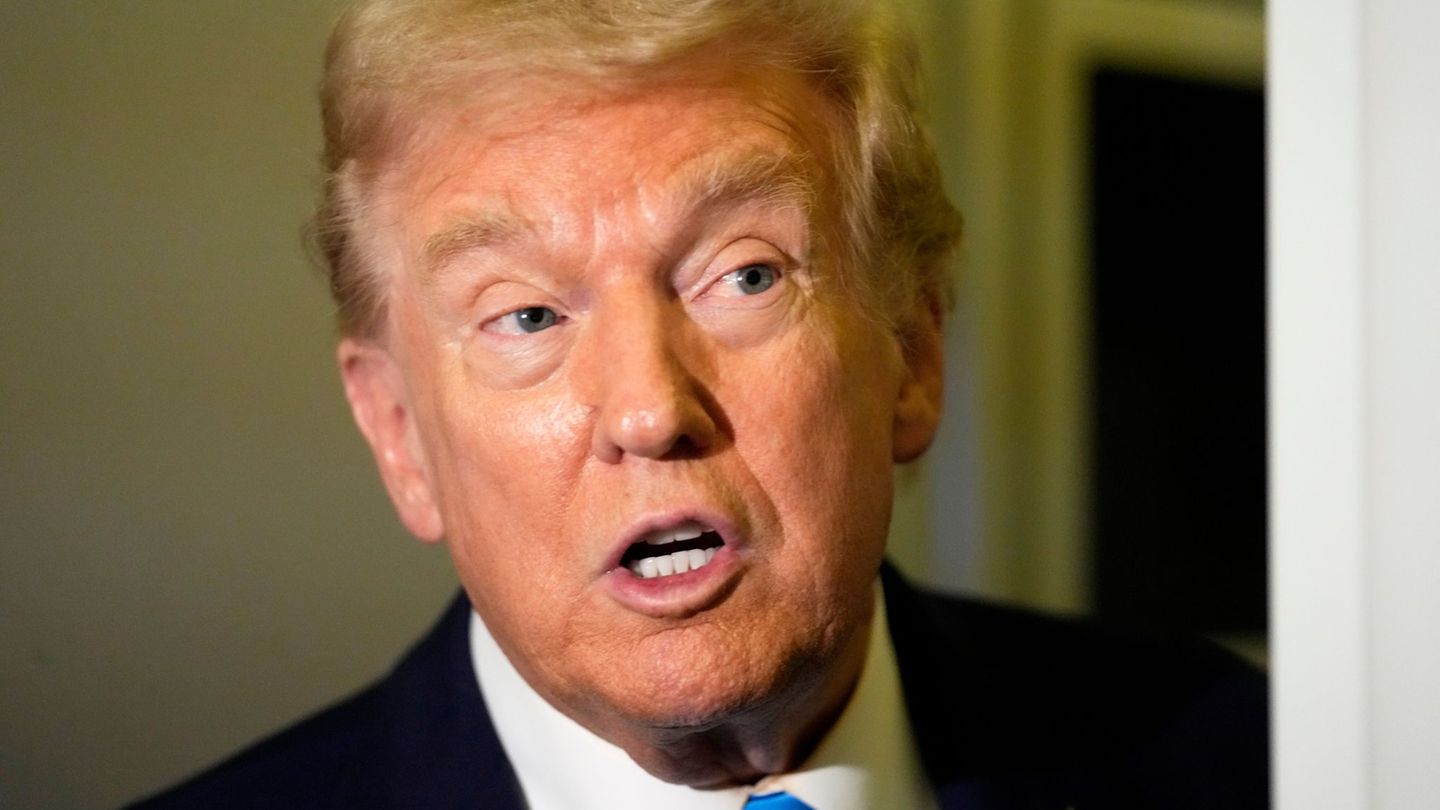Almost two years after the beginning of the conflict between Israel and Iran And his proxys militias, one more in the always tumultuous Middle Eastwe can affirm that the economic situation Global has remained ‘contained’ stable.
This is basically given by a series of reasons. On the one hand, the conflict of Israel It has focused on irrelevant geographical areas for international logic: The Gaza Strip, the south of Lebanon, the Syrian west. There are no strategic natural resources in abundance in the limited portions of described lands.
Tel Aviv.png
The conflict between Israel and regional relations will reconfigures, but the global economic system has not destabilized.
Moreover, although Israel He is a world leader in avant -garde technologies (especially in software and telecommunications), its real power resides in its Know How. Therefore, unlike, for example, of ‘rare earth’ or lithiumknowledge is replaceable: Human capital is always and everywhere flexible and malleable enough to develop in other latitudes. Only the temporary need with the productive objectives must be adjusted.
Israel and Iran: direct effects of the conflict
On the contrary, there were specific effects limited to some regional actors. Israel himself is a clear example: He has seen his exports restricted to states that condemn his military action in the Gaza Stripit has almost void tourism from October 2023or permanently experience an uncertainty that scares investors and consumers, which resulted in a Strong increase in public spending to alleviate the crisis and retraction of the private sector.
Israel will be attacks 2 (1) .jpg
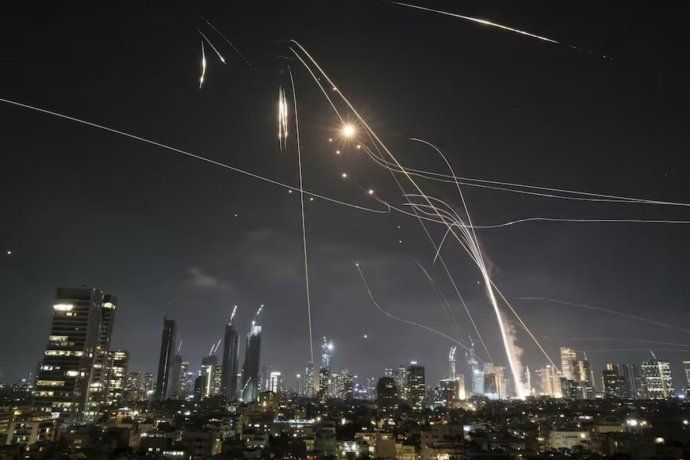
War in the Middle East affects neighboring countries more than great powers.
AP
The other great regional actor, Irancontinues to suffer American economic sanctions. However, the Iranian government knows that the priority is 200% for next yearpassing from 10,000 to 30,000 million dollars.
Regional referrals and energy uncertainty
Of course, there are also indirect referrals: the escalation of violence lived in recent days makes the neighbor tremble Egypta country that has just been formed by a crisis committee looking for a Feasible solution to mitigate the potential consequences derived from its Israeli gas dependence. Nor to speak their neighbors Gazaties, who can no longer count on the approval of the Iranian and Catarí beneficence (100 and 120 million dollars per year respectively). Today, they just expect to survive.
Iran Israel 2.jpg
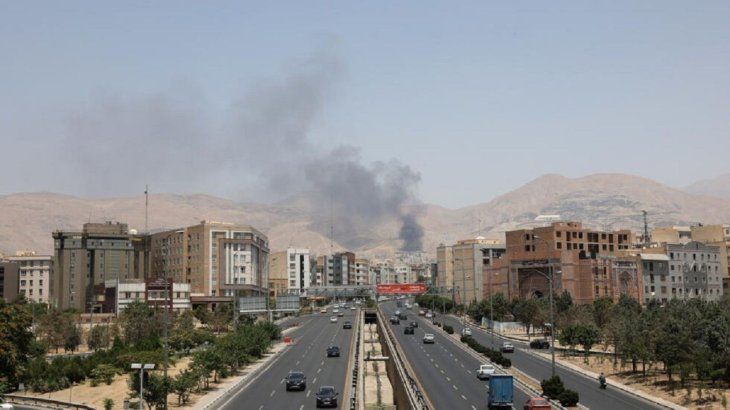
The Ormuz Strait and the Red Sea have become key points to measure the fragility of global trade.
RFI
Now, are there founded fears of a strongly negative effect internationally? Can we fear a global energy disruption due to Iran’s role? The logistics block for global value chains is a reality: 28% of hydrocarbons traffic is transported by the Ormuz Strait. However, although there may be some spanking in the short term derived from the capacities of one of the OPEC leaders (in 2024 Iranian production has meant the second largest contribution to the global crude oil offer), There is nothing that the American shale oil and some spurious agreement of the American giant with its Saudi Sunni allies cannot stabilize. Let’s not forget that USA of Trump wants to be the guarantor of the international order. And in a convulsed world, what you least want is a disruptive financial scenario.
Israel’s attack on Teheran.jpg
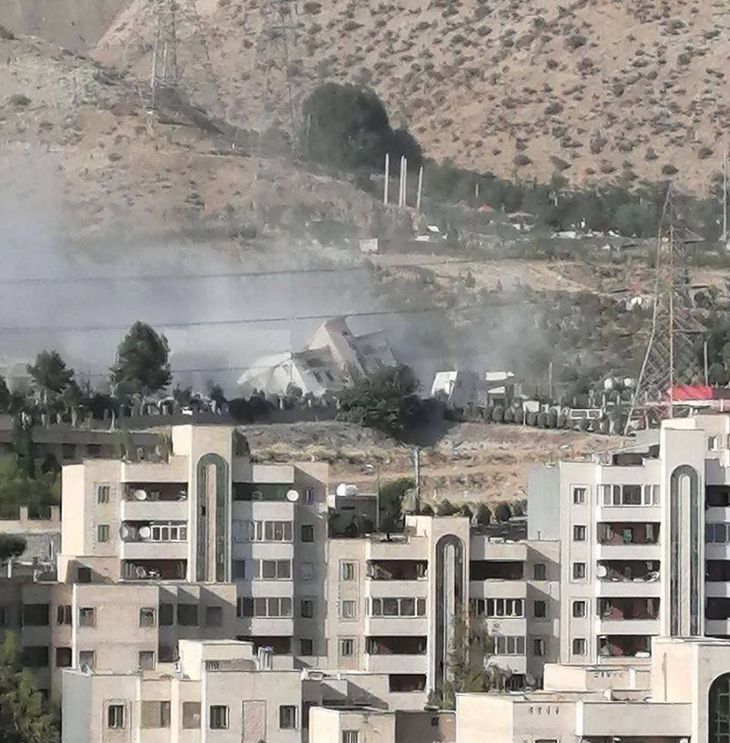
War is sustained with states resources, but their consequences are paid by civil populations.
@Mediaoriente
A more optimistic economic scenario also has its bases in the recent past. If we take the other great example, that of the attacks of the Huties Yemeni to ships ‘Western enemies’ that, for more than a year and a half, try to cross the Strait of Bab-el Mandebit has been observed that although the return for the horn of Africa To get to Asia It was really expensive in logistics terms, the change of flag of the vessels of the western powers, or other agreements political-economic With the Huties leaders themselves, they softened the negative effects involved in the control of the area by the enemies of Israel.
Armed industry: When war is business
Now, given the exposed one, Can we say that war only venerates defensive aspects of economic scenarios? By no means. In this world where The search for peace is just a false metaphor In the mouth of the powerful, the defense industries, concentrated precisely on the powers that should put a brake on immoral madness, are in parabienes. Drones, hypersonic missiles, penetration pumps, light weapons. And so I could continue.
The case of USA and its military lobby That he controls it, we can reaffirm it with numbers that are amazed: in just one of his projects, in the last year he provided Israel from 20,000 million dollars For the acquisition of two New F-15Ex squadrons (about 50 aircraft), and for the modernization of a F-15E RA’AM Squadron (Thunder). Of course, to buy it to the Americans themselves.
Trump-Military-RT-JT-190709_HPMAIN.JPG
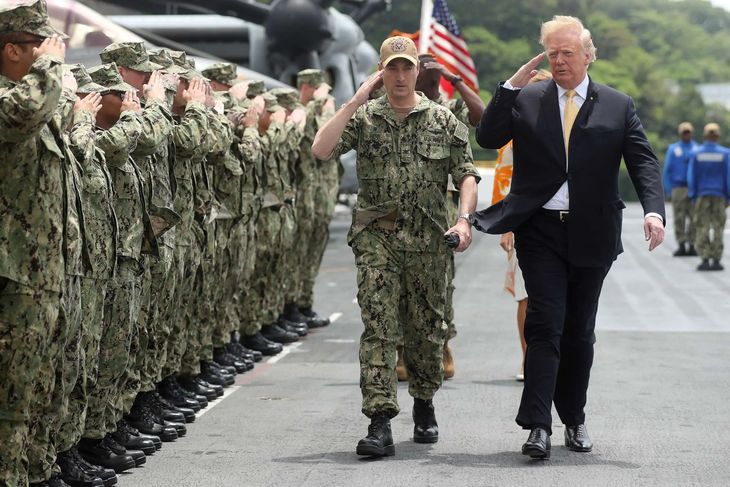
The conflict functions as a growth engine for the defense industry in the US, Russia and Iran.
It should be noted that the US He attended his strategic ally Since 1948 with 200,000 million dollars to current values. A huge and unique figure in terms of the strategic alliances of the main World Military Power. Let’s think that the budget in defense of the country that has the dimensions of Tucumán, has been 67,000 million dollars for the current year.
As a counterpart, the main support of Iran is Russia. Without excavating in much depth, Iran has received the Russian license to produce the Russian SU-30 and SU-35 fighters. In addition, Russia has completed the delivery of 12 ADVANCED TRAINING AIRCRAFT YAK-30. All this in addition to which Moscow promised to deliver complex weapons systems in the short term, such as Iskander missiles and electronic war Murmansk-Bn. As we see, it is a lot of money; Fresh air for a defense industry that wants to recover the splendor that he once knew in the once was Soviet.
Iran attack to Torre Israel Guerra Middle East.jpg
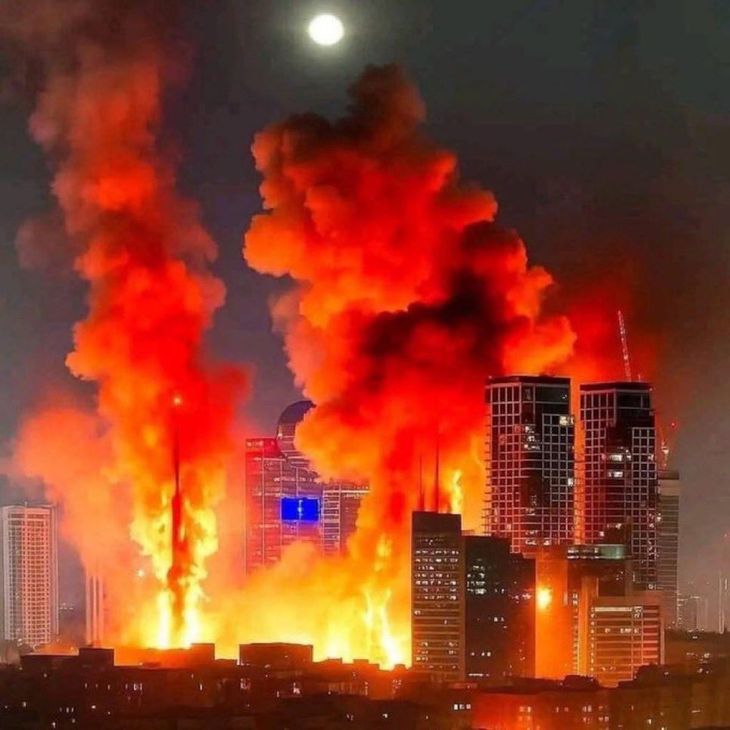
The war repositions traditional allies and redefines their levels of commitment.
A standardized war economy
Finally, we can conclude that the interest bid on how to distribute the ‘War cake’must hide surgically. The war industry It gives a lot of moneygenerates many jobs, It dynamizes local economies. Is it wrong then to ensure the continuity of the conflict? The opposite seems to be a thing of the past. What is certain is that the political ‘globalization’ of the conflict does not have enough ethical strength to stop this madness. Under this cloud of smoke, Each actor ‘takes care of his quintita’.
And as for the economic, as who wanders on the ship of the ‘Invisible market hand’we have observed that everything ends up accommodating. Of course: Meanwhile, the dead, from one side and the other, are still telling thousands.
Economist and Doctor of International Relations
Source: Ambito
David William is a talented author who has made a name for himself in the world of writing. He is a professional author who writes on a wide range of topics, from general interest to opinion news. David is currently working as a writer at 24 hours worlds where he brings his unique perspective and in-depth research to his articles, making them both informative and engaging.

